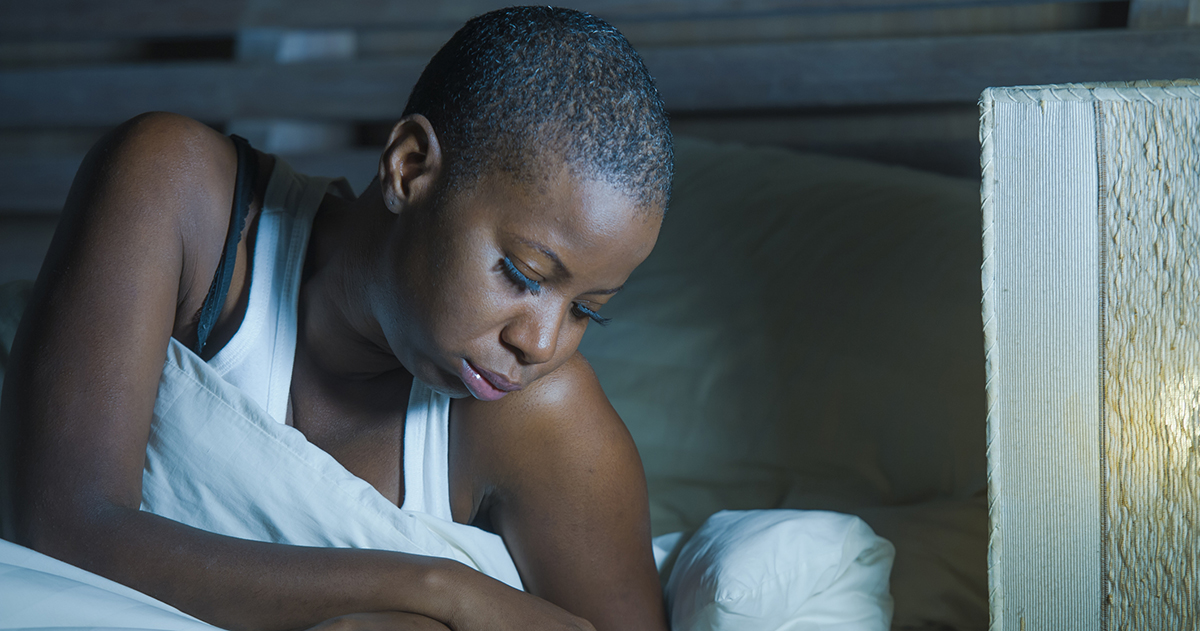Major Signs Of A Traumatic Brain Injury
Difficulty Sleeping

On the flip side of the coin, besides dealing with constant fatigue, many patients can develop sleeping disorders as a result of a traumatic brain injury. As one of the most common issues patients face after a traumatic brain injury, as sleeping disorders are three times more common in individuals with a brain injury compared to the general population. Unfortunately, studies also reveal sixty percent of patients with a traumatic brain injury experience long-term difficulties with sleep, with women being more likely to be affected than men. The most common sleep disorders include insomnia, excessive daytime sleepiness, delayed sleep phase syndrome, and narcolepsy. Sleep syndromes that can also occur associated with a traumatic brain injury include restless leg syndrome, bruxism, sleep apnea, periodic limb movement disorder, and sleepwalking.
Next, discover how this classic sign of a traumatic brain injury occurs.
Dizziness Or Loss Of Balance

Approximately thirty to sixty-five percent of individuals report experiencing dizziness or disequilibrium, or a lack of balance while sitting or standing, after suffering a traumatic brain injury. Symptoms of dizziness include lightheadedness, vertigo, and imbalance. The severity of the loss of balance or dizziness a patient experiences largely depends on how serious the brain injury is, what part of the brain is affected, and other injuries, such as fractures or a spinal injury. Certain medications used to treat a traumatic brain injury can also cause side effects, including dizziness and a lack of balance. Other causes of balance problems associated with a traumatic brain injury include postural hypotension or a drop in blood pressure, vision impairments, and inner ear problems.
Continue reading to learn more about how a TBI can affect the brain.
